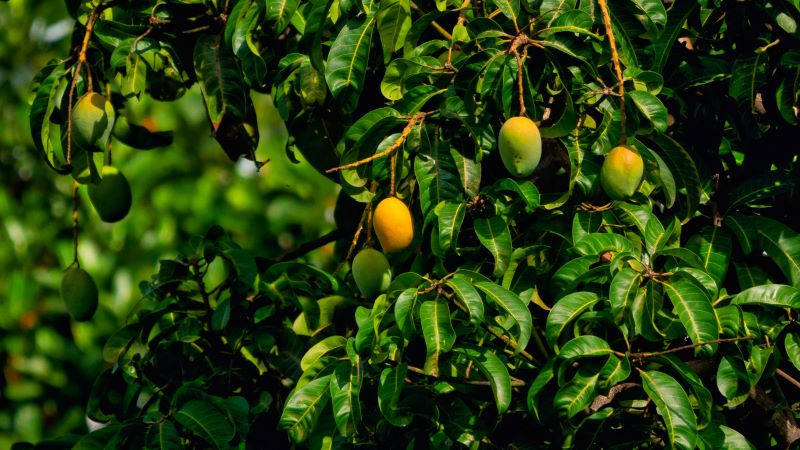 FSSAI
FSSAI
FSSAI directs business operators and traders not to use calcium carbide for artificially ripening fruits
Indian food safety regulator has alerted traders and food business operators to avoid using banned calcium carbide for artificial ripening of fruits.
"The Food Safety and Standards Authority of India (FSSAI) has alerted traders’/fruits handlers/Food Business Operators (FBOs) operating ripening chambers to strictly ensure compliance with the prohibition on calcium carbide for artificial ripening of fruits, particularly during the mango season," read a statement issued by the food regulatory body.
The FSSAI also advised Food Safety Departments of States and UTs to remain vigilant and take serious action and deal stringently against people indulging in such unlawful practices as per the provisions of FSS Act, 2006 and Rules/Regulations made thereunder.
Why calcium carbide is dangerous for ripening?
Calcium carbide, commonly used for ripening fruits like mangoes, releases acetylene gas which contains harmful traces of arsenic and phosphorus.
These substances, also known as ‘Masala’, can cause serious health issues such as dizziness, frequent thirst, irritation, weakness, difficulty in swallowing, vomiting and skin ulcers, etc.
Additionally, acetylene gas is equally hazardous to those handling it.
There are chances that calcium carbide may come in direct contact with fruits during application and leave residues of arsenic and phosphorus on fruits.
Due to these dangers, the use of calcium carbide for ripening fruits has been banned under Regulation 2.3.5 of the Food Safety and Standards (Prohibition and Restrictions on Sales) Regulations, 2011.
This regulation explicitly states, "No person shall sell or offer or expose for sale or have in his premises for the purpose of sale under any description, fruits which have been artificially ripened by use of acetylene gas, commonly known as carbide gas."
Considering the issue of rampant use of banned calcium carbide, FSSAI has permitted the use of ethylene gas as a safer alternative for fruit ripening in India. Ethylene gas can be used at concentrations up to 100 ppm (100 μl/L), depending upon the crop, variety and maturity. Ethylene, a naturally occurring hormone in fruits, regulates the ripening process by initiating and controlling a series of chemical and biochemical activities.
The treatment of unripe fruits with ethylene gas triggers the natural ripening process until the fruit itself starts producing ethylene in substantial quantities.
Further, the Central Insecticides Board and Registration Committee (CIB & RC) has approved Ethephon 39% SL for the uniform ripening of mangoes and other fruits.
Support Our Journalism
We cannot do without you.. your contribution supports unbiased journalism
IBNS is not driven by any ism- not wokeism, not racism, not skewed secularism, not hyper right-wing or left liberal ideals, nor by any hardline religious beliefs or hyper nationalism. We want to serve you good old objective news, as they are. We do not judge or preach. We let people decide for themselves. We only try to present factual and well-sourced news.







